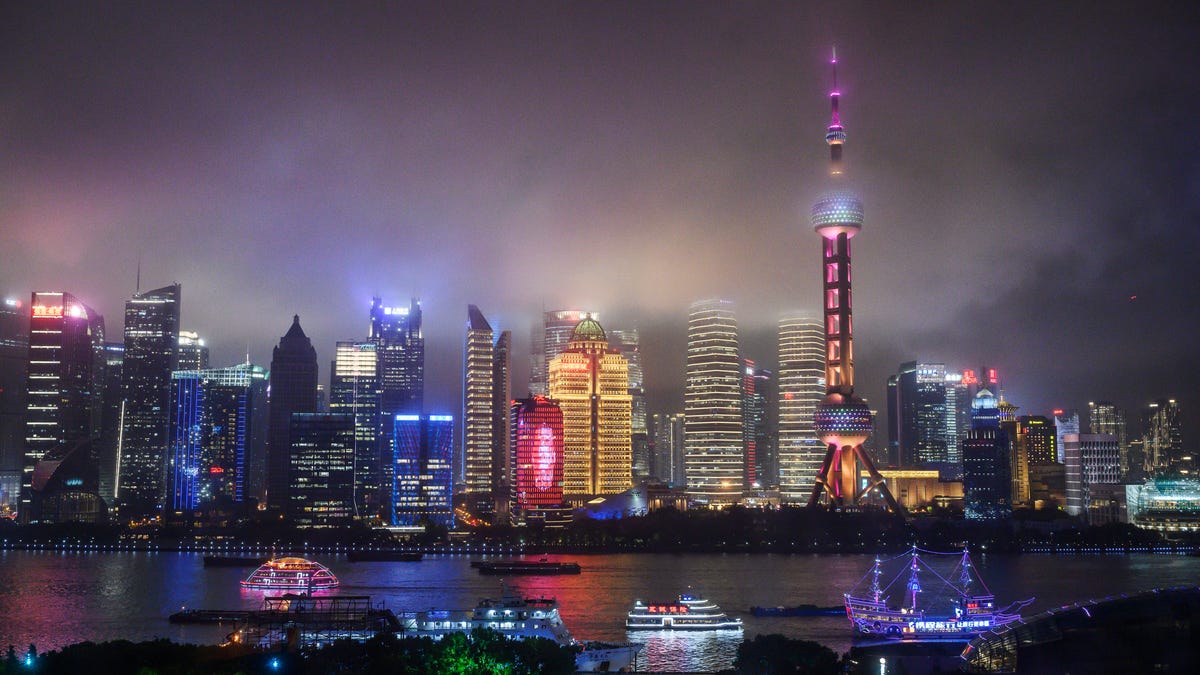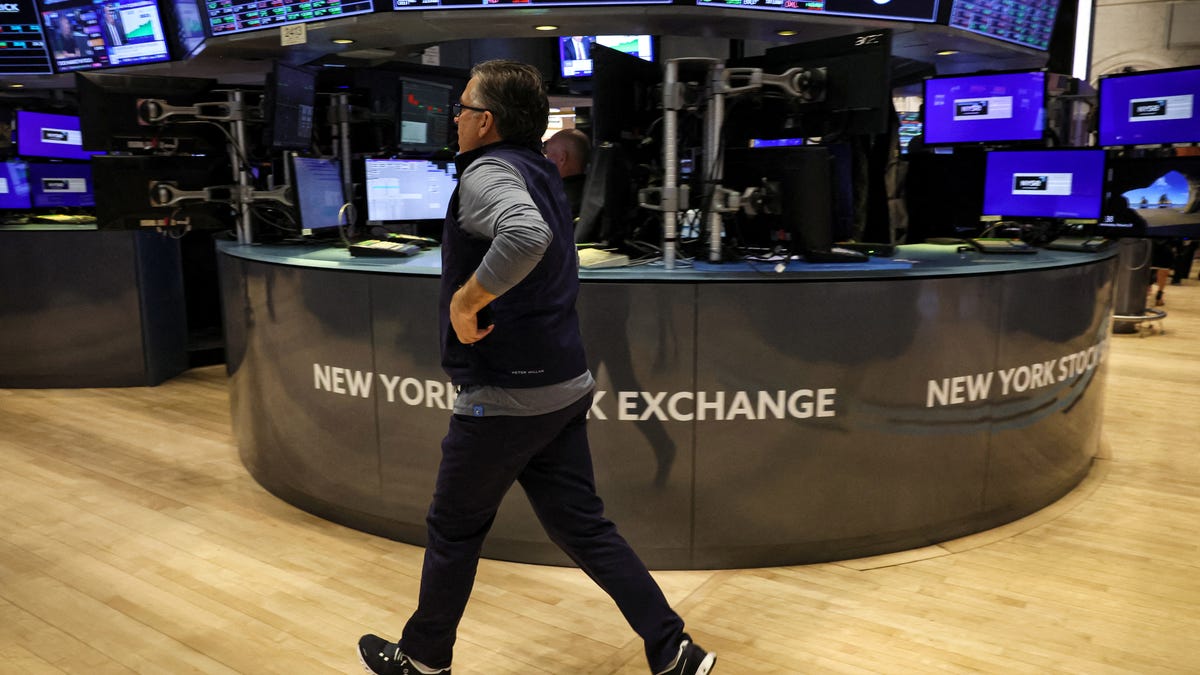Facial Recognition Technology in Chinese Hotels
Reports indicate that Chinese officials are instructing hotels in Beijing, Shanghai, Shenzhen, and Hangzhou to cease the practice of scanning guests’ faces due to concerns regarding data privacy. This directive was issued in response to notices received by these hotels from local authorities in late March and early April. According to a report by Chinese business news site Caixin Global, some hotels had already been advised to discontinue the use of facial recognition technology for guest check-ins as early as last year, following the relaxation of China’s “zero-COVID” policy.
Reservations and Reactions
Travelers checking into a hotel in Shanghai recounted that they were informed by hotel staff that facial scans were no longer mandatory. An April 12 government notice explicitly stated that requiring guests to undergo face scans is strictly prohibited if they have already presented a valid form of identification. The move to restrict facial recognition technology extends beyond these major cities to include locations such as Guangzhou, Yichang, and Zhuhai, as reported by Chinese state broadcaster CCTV.
The implementation of facial recognition technology in hotels has raised concerns among travelers, potentially dissuading them from visiting China, which could also result in increased operational costs for businesses. Guo Bing, a professor at Zhejiang University of Science and Technology, highlighted the risks of data misuse associated with facial recognition technology, as reported by Radio Free Asia (RFA).
Broader Implications of Facial Surveillance in China
The use of facial recognition technology forms part of China’s extensive surveillance infrastructure, enabling authorities to exercise control, monitor public activities, and identify individuals. This system has been particularly impactful in surveilling the Uyghur minority and suppressing dissent. The widespread deployment of cameras across public spaces in China has been a subject of scrutiny, with concerns raised about privacy violations and government overreach.
Recent developments have seen the Chinese government express a need for greater regulation over mass surveillance practices. A directive from the Chinese State Council emphasized the importance of halting the use of unauthorized and excessive monitoring devices, emphasizing the necessity for a comprehensive review and standardization of law enforcement surveillance technologies.
As China navigates the intricate balance between technological advancements and individual privacy rights, the implications of these decisions on the broader societal landscape remain significant. The evolving dynamics of surveillance practices in China necessitate a critical assessment of the ethical, legal, and social implications associated with facial recognition technology. Stay tuned for further developments on this evolving issue.
Image/Photo credit: source url





